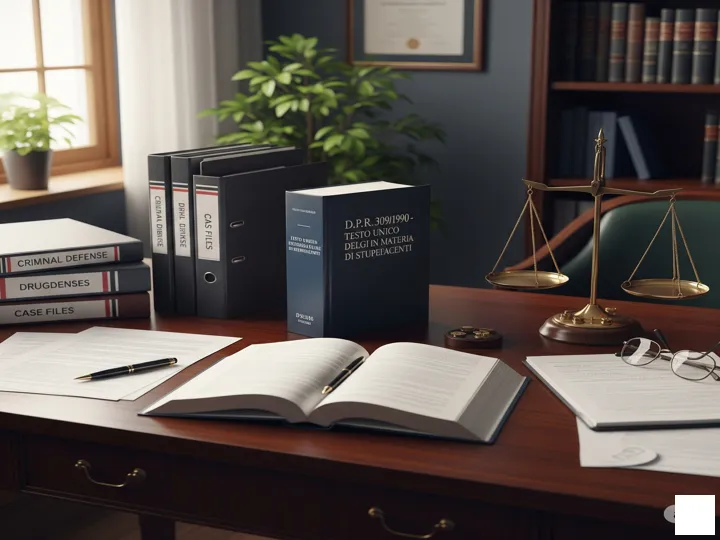In the realm of legal practice, it is crucial to understand the concept of arrest and the legal implications associated with drug trafficking situations. In this article, we will delve into the various aspects of this process, maintaining a generic perspective without reference to specific cases. It is essential to grasp how arrests work in cases of drug trafficking-related offenses and what legal implications may arise.
Understanding Arrest
Arrest is a temporary coercive measure that restricts an individual’s personal freedom. It is often employed by law enforcement agencies in emergency situations, pending validation by a judge. This measure is intended to ensure that the perpetrators of a crime are brought to justice and to prevent further consequences related to the offense.
Arrest in Flagrante for Drug Trafficking
A common scenario for arrest is when an individual is caught in the act of committing a drug trafficking offense. Law enforcement agencies have the authority to arrest an individual caught in these circumstances. However, the application of arrest may vary depending on the specific circumstances of the case.
Conditions Justifying Arrest
Arrest is mandatory for serious non-negligent crimes that carry severe penalties, such as life imprisonment or imprisonment ranging from 5 to 20 years. Additionally, it can be applied in situations where there is a need to protect society, such as cases involving organized crime, drug trafficking, aggravated theft, robbery, extortion, child pornography, and more.
Arrest becomes discretionary when the seriousness of the offense or the dangerousness of the individual requires a discretionary assessment by law enforcement agencies.
Arrest for Drug Trafficking: Mandatory or Discretionary?
In the case of drug trafficking, the application of arrest can be mandatory or discretionary depending on the circumstances. In cases of flagrante delicto, arrest is generally mandatory unless the offense falls under the category of minor offenses as defined by the law. In such cases, arrest becomes discretionary and depends on the gravity of the act and the dangerousness of the individual.
The Arrest Validation Process
Since arrest is a temporary measure that should only be applied by a judge, it must undergo validation (ratification) by the judiciary. This process is divided into three stages:
First stage: The judicial police place the arrested person at the disposal of the public prosecutor within 24 hours of the arrest (a deadline that can be extended to 48 hours).
Second stage: The public prosecutor requests the validation of the arrest from the judge, often initiating an expedited procedure.
Third stage: A validation hearing takes place before the judge, who decides whether to validate the arrest and, if necessary, what precautionary measures to apply.
Decisions During Arrest Validation
During the validation hearing, the judge assesses the legitimacy of the arrest and decides whether to impose a precautionary measure. These two assessments are independent, meaning that the judge can validate the arrest without imposing any precautionary measures or, conversely, deny validation but decide to apply a precautionary measure.
Consult with an Experienced Attorney
In situations involving arrest for drug trafficking, it is crucial to consult with an experienced attorney. The procedure can be complex, and time is limited. A specialized attorney can ensure that your rights are protected and assist you in navigating the intricate legal implications associated with these situations.
In conclusion, arrest for drug trafficking offenses is a serious matter with various legal facets. Understanding the details of the process and having the assistance of a competent attorney can make a difference in ensuring a fair defense and effective management of legal implications.







